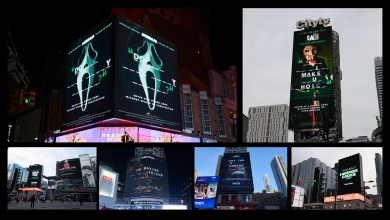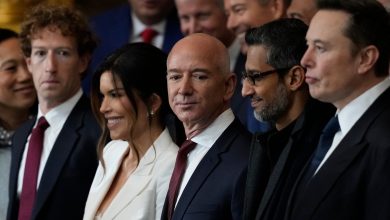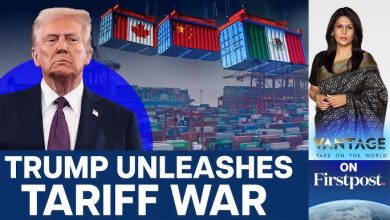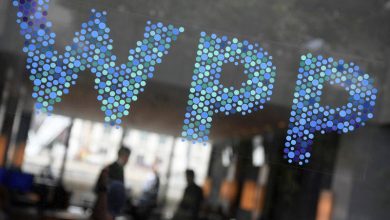Trump tariff wars hit global adspend, top marketers in no-man’s land
US businesses lined up behind Donald Trump in last year’s Presidential election and now they’re seeing the consequences: trade tariffs, stuttering global growth, higher debt and more inflation. And troops on the street of LA of course, just to put things into context.
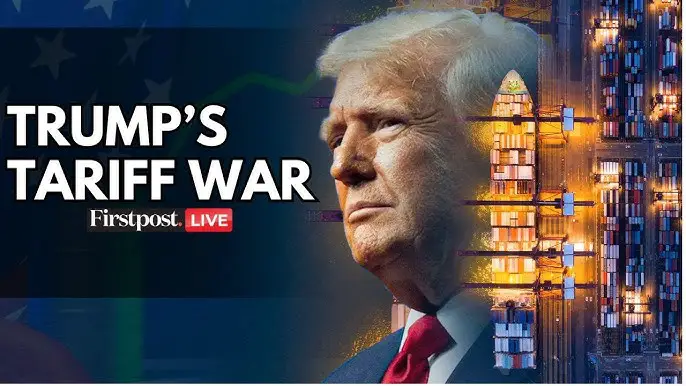
Adland, hardly surprisingly, is taking a hammering, with WARC today cutting its forecast for global adspend this year by half a point to 6.2% following a $20bn reduction in March. Key sectors including retail and automotive are cutting budgets as Trump’s tariffs increase pressure on supply chains and big advertisers, especially Chinese companies, redirect spend from the US to smaller markets including Australia and Canada.
Suffering that is, apart from the deadly trio of Alphabet (Google), Amazon and Meta which are set to take a combined market share of 54.7% excluding China this year – equivalent to $524.4bn – rising to 56.2% in 2026.
Marketers, hardly surprisingly, seem more risk-averse than ever. New research from the World Federation of Advertisers (WFA) shows big brand CMOs caught like rabbits in the headlights with 83% saying times are more unpredictable than 12 months ago and 81% that it’s downright risky.
CMOs are therefore coming under increased scrutiny from CEOs, boards and other internal stakeholders as global brand owners seek to avoid risk in an increasingly unpredictable world.
Half the 29 brand sample (65% of global ad expenditure in total) say they feel under greater pressure and 52% say the CEO is paying closer attention to marketing campaigns.
Eighty-one percent say they are taking more time to review what they stand for and how they articulate positions and values externally. Half are now spending more time focusing on short-term objectives and risk management at the expense of long-term strategic planning.
None of this should come as a surprise, it’s the Trump-driven acceleration of a long-term trend of more money going into short-term campaigns (‘performance’ marketing) via the tech giants. It’s worth noting though that 21.5% of their global take is search (ie mainly Google’s) which is direct marketing rather than advertising as it used to be. TV or posters can hardly compete with SEO.
The Trump effect may wear off one day (if we’re lucky.) The dominance of the tech giants will not, in fact it may get worse (depending on where you sit of course) if Meta’s Mark Zuckerberg gets his way introduces cradle-to grave-campaigns (everything from creative to media placement to research to invoicing) as promised next year.
Smooth-talking Meta execs are keen to tell us that the future is rife with possibilities for agencies. They clearly haven’t been listening to the boss.

